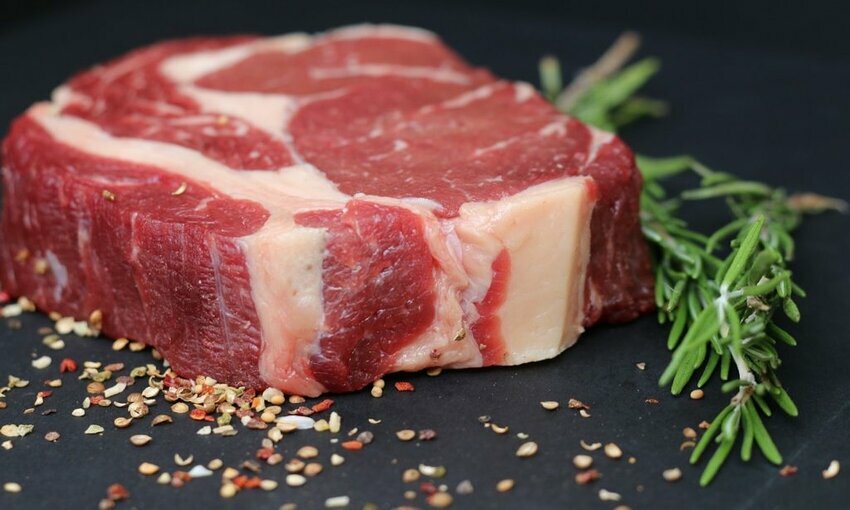
Investors representing $7.3 trillion in assets have called upon the G20 to reform agricultural subsidies to better align with climate change goals.
Specifically, the investors asked G20 to meet COP15 biodiversity obligations and phase out or repurpose harmful agricultural subsidies by 2030. The investors are part of the FAIR Initiative, which was created as a collaborative investor network that raises awareness of the environmental, social, and governance (ESG) risks and opportunities in the global food sector.
Thirty-two investors supported a statement to G20 Finance Ministers supported by 32 investors that asked for a bigger biodiversity push and to uphold commitments to “reform agricultural subsidies so countries can meet their net-zero greenhouse gas emissions commitments.”
The letter pointed out that biodiversity loss is already having a big economic impact, with an estimated nearly $44 trillion of economic value generation dependent on ecosystem services. In total, that’s more than half of the world’s GDP.
With this in mind, the investors want G20 to reform agricultural subsidies to realign with climate and nature goals, which will also improve the fiscal outlook for many countries. One estimate from the United Nations puts the annual amount of agricultural support from governments at $500 billion. These subsidies can incentivize over-production and over-consumption of high-carbon agricultural products.
The damage caused to nature by subsidy regimes has been estimated at $4 trillion to $6 trillion per year, the investors said in their statement. In addition, subsidies are so common that they, as well as other incentives, make up 15% of agricultural production value.
These subsidies are also incentivizing the most emissions-producing agricultural areas. For example, livestock receives nearly 20% of agricultural subsidies from the European Union, but it also accounts for 50% of the bloc’s agricultural emissions.
“Globally, governments are setting bold climate and nature goals, but in the same breath are undermining those ambitions with almost $500 billion in harmful agricultural subsidies for high-emitting commodities such as red meat,” Jeremy Coller, founder of the FAIR Initiative, said in a statement. “It’s time for the G20 to listen to investors’ call to support a sustainable food industry and offer reassurance that governments' left hand knows what the right hand is doing. We need to realign subsidies to nature goals to support a transition for farmers and to ensure a level regulatory playing field for alternative proteins and other sustainable solutions."
The investors outlined four steps to reform the subsidies for G20 finance ministers, including linking financial support with environmental obligations; shifting current incentives away from production of climate- and nature-damaging agricultural products and toward sustainable agriculture; shifting subsidies away from the production of products with high greenhouse gas emissions like dairy or red meat; and increase funding for workers impacted by reforms to ensure a just transition.
See the full statement here.